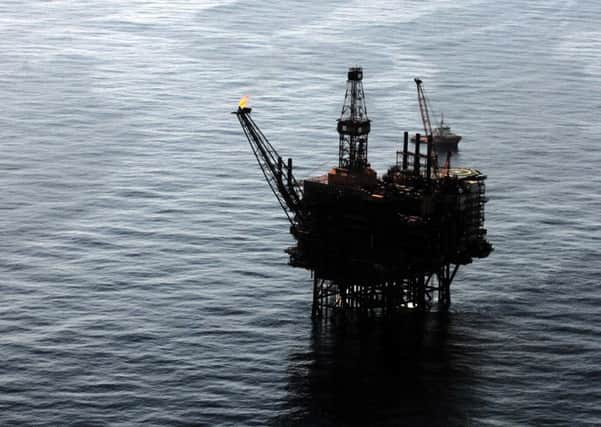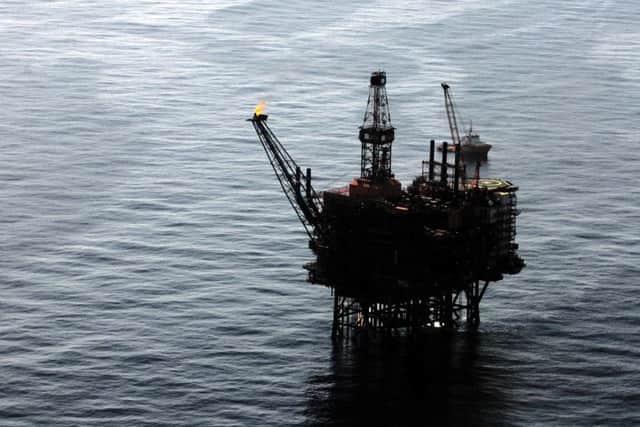Scots debt plan is an ‘oil grab’, says economist


The “debt-for-oil swap” has been put forward by the National Institute of Economic and Social Research (NIESR) as a “practical solution” which could leave both Scotland and the rest of the UK better off.
But economist Margaret Cuthbert said: “To my mind this is just an oil grab that has been suggested.”
Advertisement
Hide AdAdvertisement
Hide AdShe spoke out as both she and Dr Angus Armstrong from NIESR were questioned about an independent Scotland’s debt by MSPs on Holyrood’s Finance Committee.


An independent Scotland’s debt burden in 2015-16 could be £121 billion or £143 billion, depending on how Scotland’s share of the UK debt is calculated, according to NIESR.
Its submission to MSPs also stated that if Scotland left the UK it could receive up to 84% of tax revenues from the remaining North Sea reserves.
It said: “NIESR has proposed a practical solution to partially mitigate the debt problem if Scotland becomes independent.
“We propose a debt-for-oil swap which would leave both sovereign nations better-off, the idea actually offers a real ‘free-lunch’.
“The tax revenue from North Sea oil is highly volatile. This volatility is more easily managed by a larger economy as the revenue variations would simply be a smaller share of total tax revenue.
“If both sides could agree the expected value of remaining reserves, perhaps by third-party verification, an independent Scotland could accept a slight discount to no longer have the volatility which would be a slight gain to the rest of the UK.”
Dr Armstrong argued such a deal could work because it can be “quite problematic” for smaller countries to deal with assets which are “highly volatile”, such as fluctuating oil revenues.
Advertisement
Hide AdAdvertisement
Hide AdLarger countries can deal better with this, he said, telling the committee: “For bigger countries, having that volatility is easier to manage - it’s just the nature of being bigger.”
He added that an independent Scotland would get “cash today” that could “count against the debt immediately”.
Dr Armstrong said: “With one step the debt profile of an independent Scotland would look completely different, totally different.”
But he said the debt-for-oil swap proposed depended on an independent Scotland and the rest of the UK being able to reach an agreement on what the oil reserves are worth.
He said such a deal “presumes - and I accept this is the major presumption in it - that you can agree what the stuff is worth”.
But Ms Cuthbert said there was a “huge difference” between what Westminster and the Scottish Government estimated future oil revenues could be.
SEE ALSO